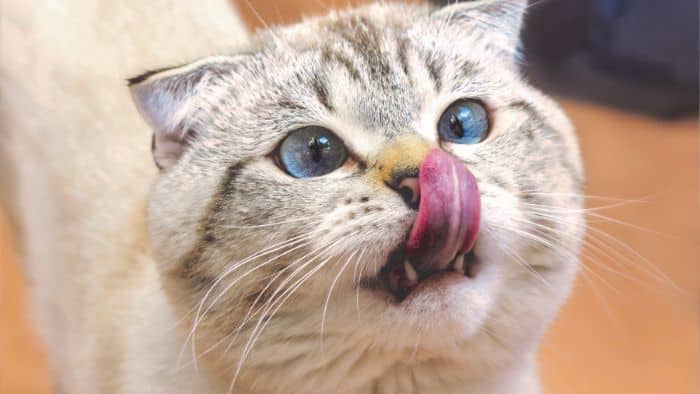4 Essential Nutrients Your Cat Needs to Thrive

Cats require four significant nutrients: carbohydrates, proteins, vitamins, and fats.
- The difference between cats and dogs is that cats are entirely carnivorous animals, so their nutritional needs differ from humans and dogs. Cats cannot obtain all necessary nutrients (such as taurine) from plants and must get them from specific animal tissues. Therefore, when raising cats, you should mainly feed them exceptional food instead of human food. Food to prevent cats from getting sick due to insufficient nutritional intake.
- Cats are entirely carnivorous animals, so their demand for protein is greater than that of humans and dogs, and protein is also an essential nutrient for growing or adult cats. When a cat exercises too much or doesn’t eat enough calories, it can lead to a lack of energy in the body. The body breaks down protein as a source of energy to provide adequate power, and these missing proteins need to be supplied by food.
- Additionally, animals absorb protein from food and synthesize essential amino acids in their bodies. The amino acids in animal protein are better for cats than plant protein. Taurine, in particular, is only found in animal proteins. Cats can only synthesize a small amount of taurine in their bodies, so additional supplements are needed. If missing, it can cause visual impairment and heart disease in cats.
- Besides increasing palatability, cat food’s fat is an essential energy source. In addition, the absorption of fat-soluble vitamins is also significant. The required fatty acids in fat are beneficial for cats with skin and intestinal diseases. However, the feeding palatability is excellent, so special attention should be paid to the feed. Due to the high fat content, cats are prone to overeating, which can lead to obesity, digestive disorders, steatorrhea, nutritional imbalance, and other adverse symptoms.
- Generally speaking, cat food provides enough vitamins, so cats are unlikely to be vitamin deficient. However, cats have high requirements for B vitamins so sick cats may receive additional B vitamins in their diet. In addition, unlike other animals, cats cannot synthesize vitamin A or vitamin D in their bodies and can only obtain them from their diet. Cats with liver disease and anorexia require additional vitamin E and vitamin K supplements.
